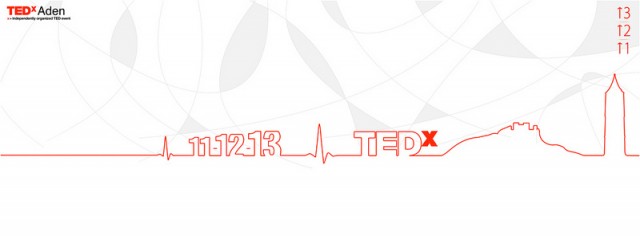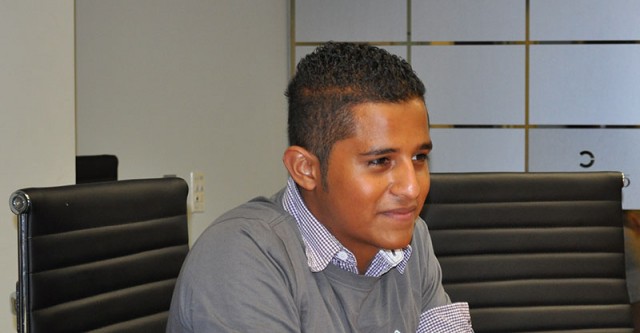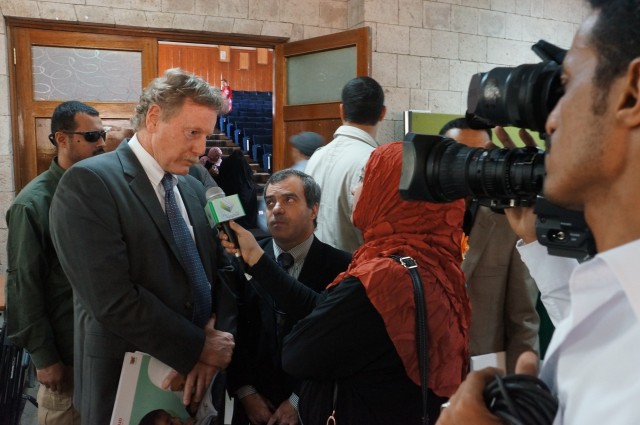 Fatima Zahra Tahiri is the Communications Officer for Creative’s Improving Training for Quality Advancement in National Education program in Morocco. En honor al Día Internacional de la Mujer 2014, Le preguntamos su opinión sobre las mujeres en su país y su profesión., y lo que la inspira.
Fatima Zahra Tahiri is the Communications Officer for Creative’s Improving Training for Quality Advancement in National Education program in Morocco. En honor al Día Internacional de la Mujer 2014, Le preguntamos su opinión sobre las mujeres en su país y su profesión., y lo que la inspira.
Pregunta: Por favor explique de qué manera su programa involucra a las mujeres..
Respuesta: The ITQANE project focuses on improving the teacher training program in Morocco. It’s really about using the trainings as a way to improve the whole education system. The program involves many women – whether it be teacher trainers, profesores, school inspectors, miembros de la comunidad, even young female students. They all benefit from this program and the improved educational opportunities its seen take shape.
I have worked in many of Creative’s education programs here in Morocco, and gender has always been considered a priority. Por ejemplo, every time we organized a training, we would ask our partner to invite female participants. We would have these women participating, but they could not make decisions. This area was reserved to men. It was very frustrating. Agradecidamente, I’ve seen some changes recently, where women are given a voice by Government and private sector too.
q: como mujer, ¿Cómo es trabajar en estos temas??
A: This is my story…working in a country where men’s voice is premium is not easy at all. Pero, looking at the eyes of those little girls going every morning to the school to learn, thinking of them that they could be some day very important decision makers, that makes me work even harder. I am a mother, and I don’t want any of my girls to be sitting in her house waiting for her husband to bring her food or anything else…I want them to be independent and able to speak up for their rights with no fear.
In order to achieve this result, the shortest way would be through education. Teach the little boy how to respect those around him, incluyendo mujeres. If we start this in preschool and we go on, once at 18, the boy will have no problem working with his peers, independientemente del género. This change of culture and behavior could affect the labor market as well. Men and women will benefit from the same chances and opportunities to get a job and there will be no jobs reserved for MEN and others for WOMEN.










